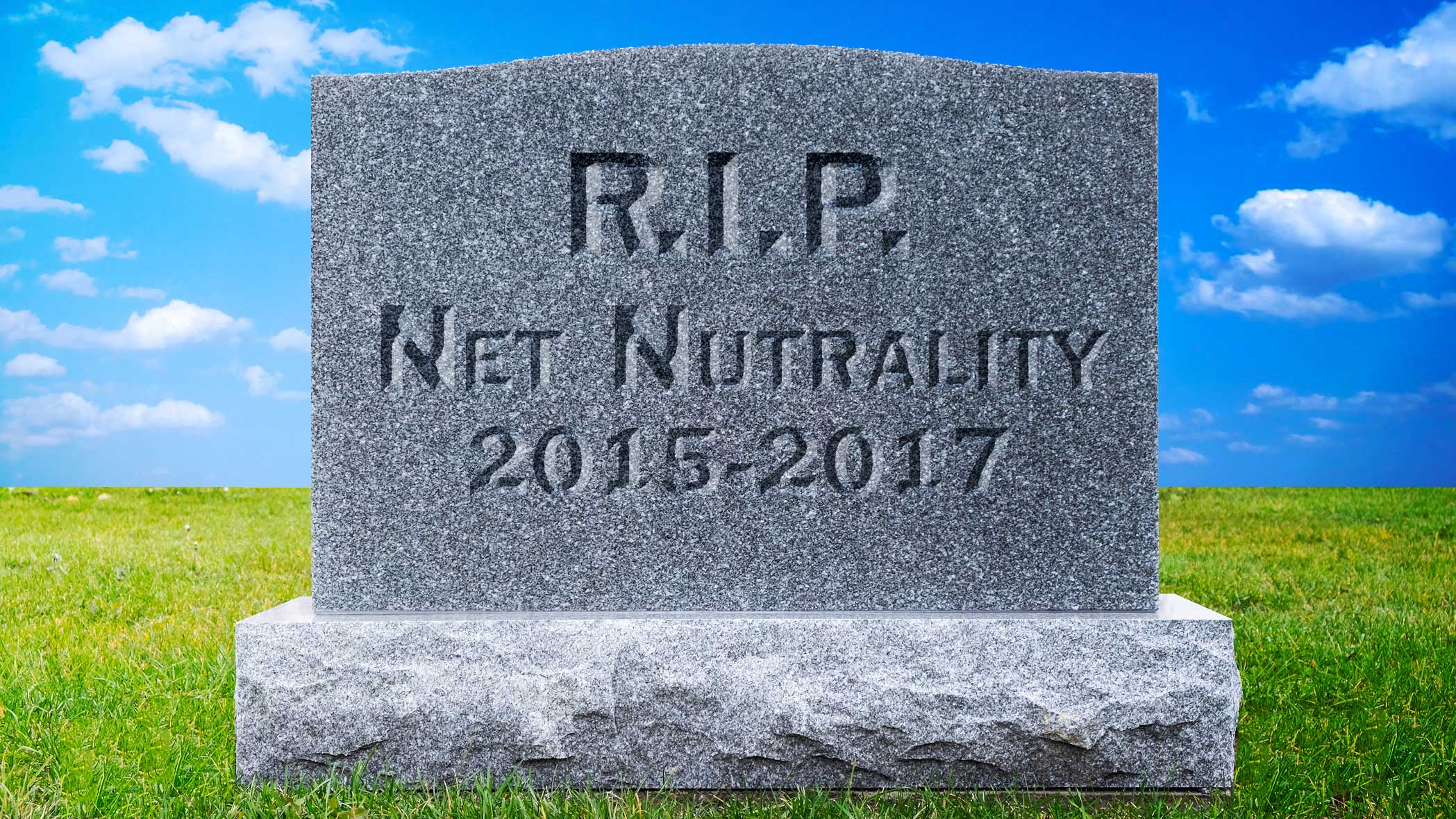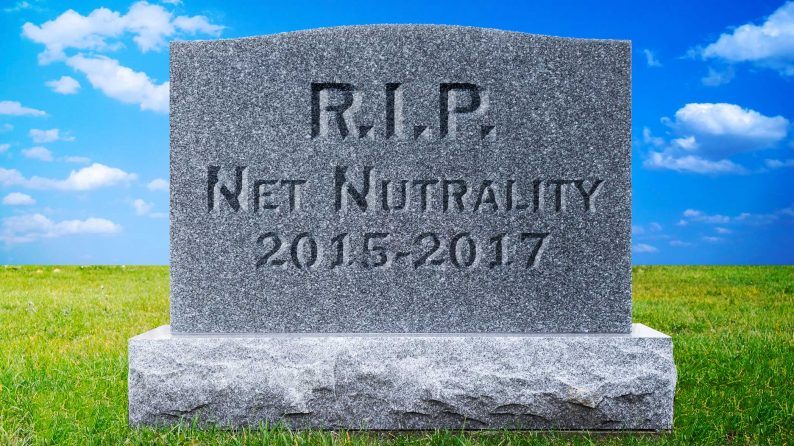
Net Neutrality rules were originally enacted to ensure that all Americans would have equal access to a free and open Internet. We can argue about what Net Neutrality rules did and did not accomplish in a moment, but now I want to explore the most sensational of all the post–Net Neutrality fears: the death of the Internet.
If you’re still reading, you know that the FCC voted to repeal Net Neutrality rules (aka the Open Internet) and replace it with the “Restoring Internet Freedom” order. The outcry from the Open Internet camp has been loud, hyperbolic, hypothetical, and mostly based on the fundamental principles of “what if.” For some background and my personal “what if?” musings, read this.
“If Net Neutrality Is Repealed, the Internet Will Die!”
I’m paraphrasing, of course, but this is what many proponents of Net Neutrality believe. My issue with this line of thinking is that the idea presupposes the Internet was previously alive and well. It was not. Since the beginning of this decade, the Internet has become dominated by a handful of exceptionally big and powerful ISPs (Comcast, Charter, AT&T, Verizon, etc.) and another handful of exceptionally big and powerful walled gardens and ecosystems (Facebook, Amazon, Netflix, Apple, Microsoft, and Alphabet). The free and open Internet became the paid and closed Internet long ago, and Net Neutrality was not doing much to change that.
In a post–Net Neutrality world, there is a fear that start-ups and small companies will not be able to compete with big companies. There’s a fear that ISPs will be able to censor competitive content or degrade your ability to consume it if you don’t pay more. There’s a fear that ISPs could package the Internet into bundles like cable TV (movie sites, social media sites, blogs, etc.). There’s a fear that privacy is over forever. I’m not done listing all the things people fear about the repeal of Net Neutrality, but let’s just stop here. No one knows exactly how all of this is going to unfold. But remember, consumers always vote with their wallets.













Leave A Comment